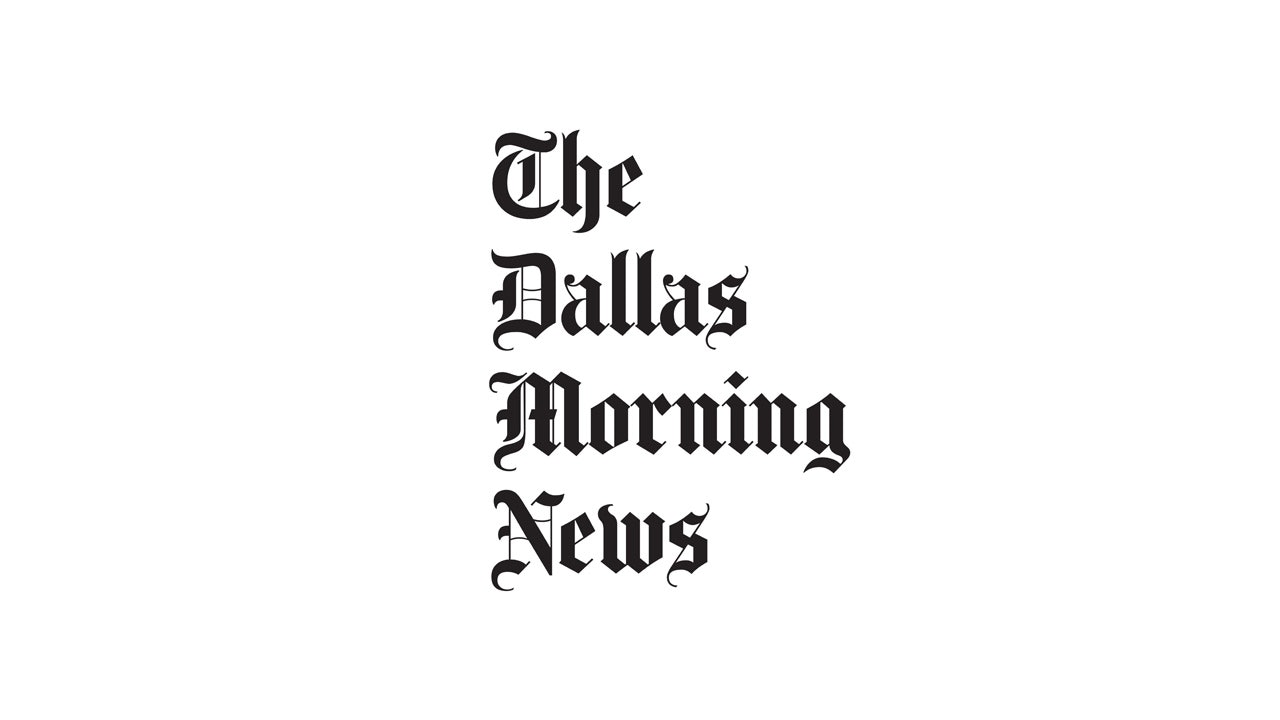The Eli and Edythe Broad Foundation is synonymous with urban education and the attempts to improve big school districts. Each year, the...
The Eli and Edythe Broad Foundation is synonymous with urban education and the attempts to improve big school districts. Each year, the Foundation selects one school system for the coveted Broad Prize, whose winner is honored for being the most improved urban district in America . The Foundation also trains leaders and managers for urban districts, state education departments and charter schools.
Eli Broad spoke with the Bush Institute last week about Common Core, signs of progress in urban education and the many challenges ahead for America’s schools.
Common Core is under attack. States like Texas have pushed back against accountability. Are we seeing a retreat on standards and rigor?
I don’t think we are seeing a retreat on standards and rigor. First of all, we have to remember that 45 governors and 45 state education chiefs put together Common Core. It is not a federal program. The fact that four or five states are pushing back does not signify a retreat. Some may even adopt standards similar to Common Core, although they don’t like the term. They could have standards that are not all that different.
But we are seeing some kind of pushback. Why do you think that is happening?
On the right, people view Common Core as a federal program, which it is not. On the left, teacher unions fear they will be held accountable unfairly, which is not a legitimate excuse.
We will have Common Core, even if a few states have something else like Common Core. We still will have standards. We are one nation. We cannot have 50 different sets of standards.
Flipping this around, what gives you hope in education? Where do you see progress in urban education?
We see progress, just not enough of it. We need longer school days and longer school years. We need better teachers. We need to recruit the top students to go into teaching, which is what happens in other countries.
Where do you see some of these improvements happening? Take longer school days, for example.
You see that happening in Massachusetts. You see that in charter schools like KIPP Schools, which has 58,000 students across America.
We want to see more in the way of blended learning, where you take the best of technology and the best of teachers. That is happening in charter schools. Hopefully, all of these practices that lead to higher student achievement gains can be shared between charter schools and traditional public schools.
What about attracting stronger students into teaching? How do you do that?
Teach for America, which we have supported for the last 15 years, is doing a great job getting the brightest students from the best liberal arts colleges. They go into teaching for two years. Some stay in education a lot longer.
If it were up to me, I would close down all schools of education. I would have students start as math majors, science majors, or English majors. Then, after two years, you recruit them to the teaching profession. Then, you give them a different type of training, not just pedagogy. You would give them on-the-job experience and internships, similar to how you train doctors.
Where do you see education schools doing a good job blending content knowledge with pedagogical training?
I don’t see them doing a good job anywhere in America. They have tenured faculty who want to talk about pedagogy. I don’t see them at the forefront of change. Hopefully, that is going to change. There is a lot of pressure on them to do so.
What other must-haves do urban districts need?
Blended learning is an example. Remember, the American system of education actually came from Prussia. Horace Mann brought it to America. You line up 30 or 40 students in rows with a black board and a teacher in front. What happens is the teacher teaches to the middle. The most advanced students get bored. Students who are struggling are left behind.
With technology, every school can become what someone called “a school of one.” You can have students progressing at their own pace and mastering the various academic subjects. Technology is going to be a big game-changer.
Back to big urban districts. Where do you see encouraging changes?
We see progress in Broad Prize districts. This year, we have two finalists—Gwinnett County Public Schools, which won The Broad Prize in 2010, and Orange County Public Schools in Florida.
New Orleans changed because of Hurricane Katrina. It was the most morally and financially corrupt school district. It has come a long way. Now, the district is about 95 percent charter schools. The results are impressive. And Washington D.C., which has both traditional public schools and charter schools, has come a long way in the last 10 years.
Also, there a number of states have recovery districts that are trying to improve low-performing school systems. Tennessee, for example, is doing this.
There are a lot of challenges out there. One of the places we are working hard in is Michigan. We are working with the governor to help improve public schools in Detroit. My wife Edye and I attended Detroit Public Schools, and it’s heartbreaking to see how far they’ve fallen. Our children deserve better, much better.

























